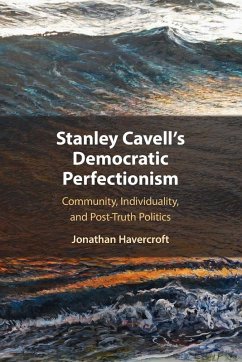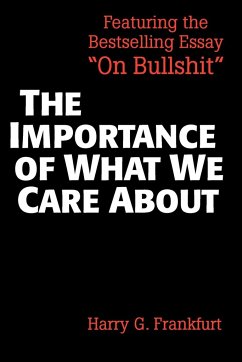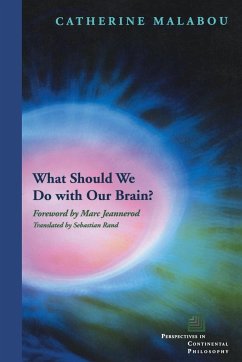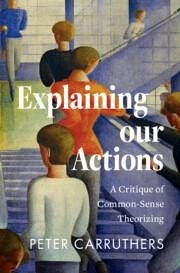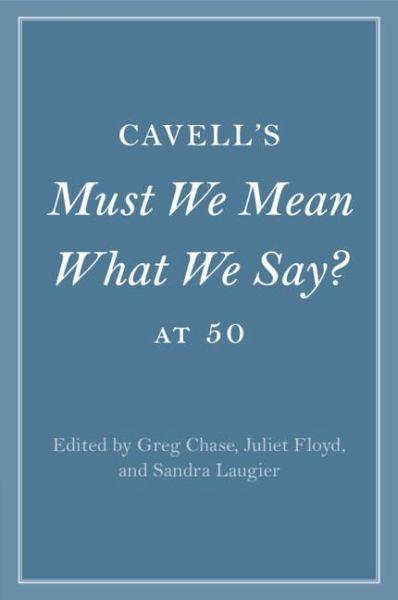
Cavell's Must We Mean What We Say? at 50
Versandkostenfrei!
Versandfertig in 1-2 Wochen
32,99 €
inkl. MwSt.

PAYBACK Punkte
16 °P sammeln!
Cavell's Must We Mean What We Say? revolutionized philosophy of ordinary language, aesthetics, ethics, Wittgenstein, Austin, literature, and modernism. These accessible and penetrating essays by distinguished scholars explain how to enter into the sound, the content, and the lasting significance of this distinctively American philosophical voice.





